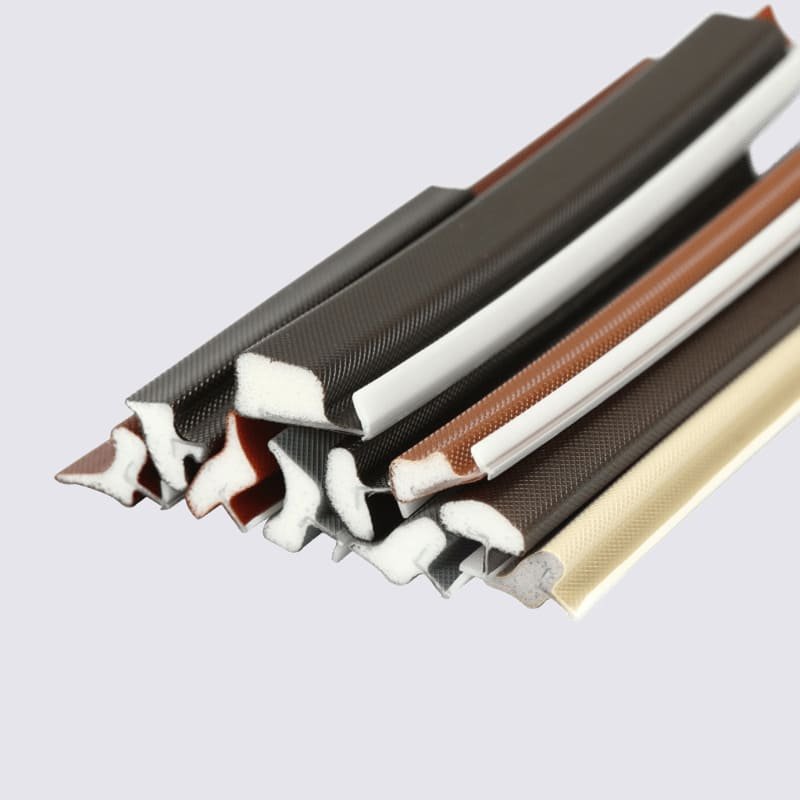Heater hoses connect components in your vehicle’s cooling system, transferring hot coolant between the engine, σώμα καλοριφέρ, και πυρήνα θερμαντήρα. Στο περασμα του χρονου, standard rubber heater hoses degrade and become brittle, cracked, or damaged. Replacing old rubber heater hoses with blue silicone hoses offers several advantages.
Superior Durability
Blue silicone heater hose is significantly more durable than traditional rubber hoses. Silicone is resistant to heat, κρύο, έλαιο, καύσιμα, and ozone, which are the main sources of rubber hose deterioration. Silicone is also less brittle, withstanding more flexing and vibration without cracking or splitting. Σαν άποτέλεσμα, blue silicone heater hoses can last 2-3 φορές περισσότερο από τους ελαστικούς σωλήνες.
Reduced Leak Risk
One of the main causes of cooling system failure is leaking heater hoses. Rubber hoses become porous over time, developing small but damaging leaks that degrade cooling system performance. Blue silicone heater hoses are much less permeable to liquids due to their molecular structure. They carry a lower long-term risk of developing tiny internal splits and cracks that lead to leaks.
Better Heat Resistance
The operating temperature range of silicone is significantly broader compared to rubber. While rubber heater hoses usually deteriorate when exposed to continuous heat over 235°F, silicone hoses can withstand temperatures up to 464°F. This extreme heat resistance enables silicone hoses to last longer under the high-temperature conditions present inside an engine bay.
Improved Cold Weather Performance
Silicone remains flexible at much lower temperatures compared to rubber. While rubber heater hoses become brittle and prone to cracking below 32°F, silicone hoses remain sufficiently pliable even in subzero conditions. This ensures your cooling system continues to function properly during cold starts and in frigid environments.
Enhanced Pressure Handling
Silicone materials have more intrinsic strength and can withstand substantially higher pressures over longer periods. This allows blue silicone heater hoses to handle the elevated pressures present in modern cooling systems better than conventional rubber hoses. Less expansion and deformation occur under pressure, further reducing the chance of leakage or failure.
Greater Chemical Resistance
Rubber heater hoses are only resistant to certain engine fluids and chemicals, like gasoline, αντιψυκτικό, and engine oil. Σιλικόνη, on the other hand, is highly resistant to most chemicals, including fuels, λιπαντικά, transmission fluid, and brake fluid that rubber would absorb. This chemical stability enables silicone heater hoses to last longer in the harsh underhood environments of modern vehicles.
More Consistent Performance
Another benefit of silicone over rubber is more consistent physical properties and heat transfer capabilities. While rubber heater hose characteristics degrade and vary over time, silicone hoses maintain stable insulation, permeability and flexibility. This leads to steadier cooling system efficiency and component temperatures, resulting in longer equipment lifespans.




